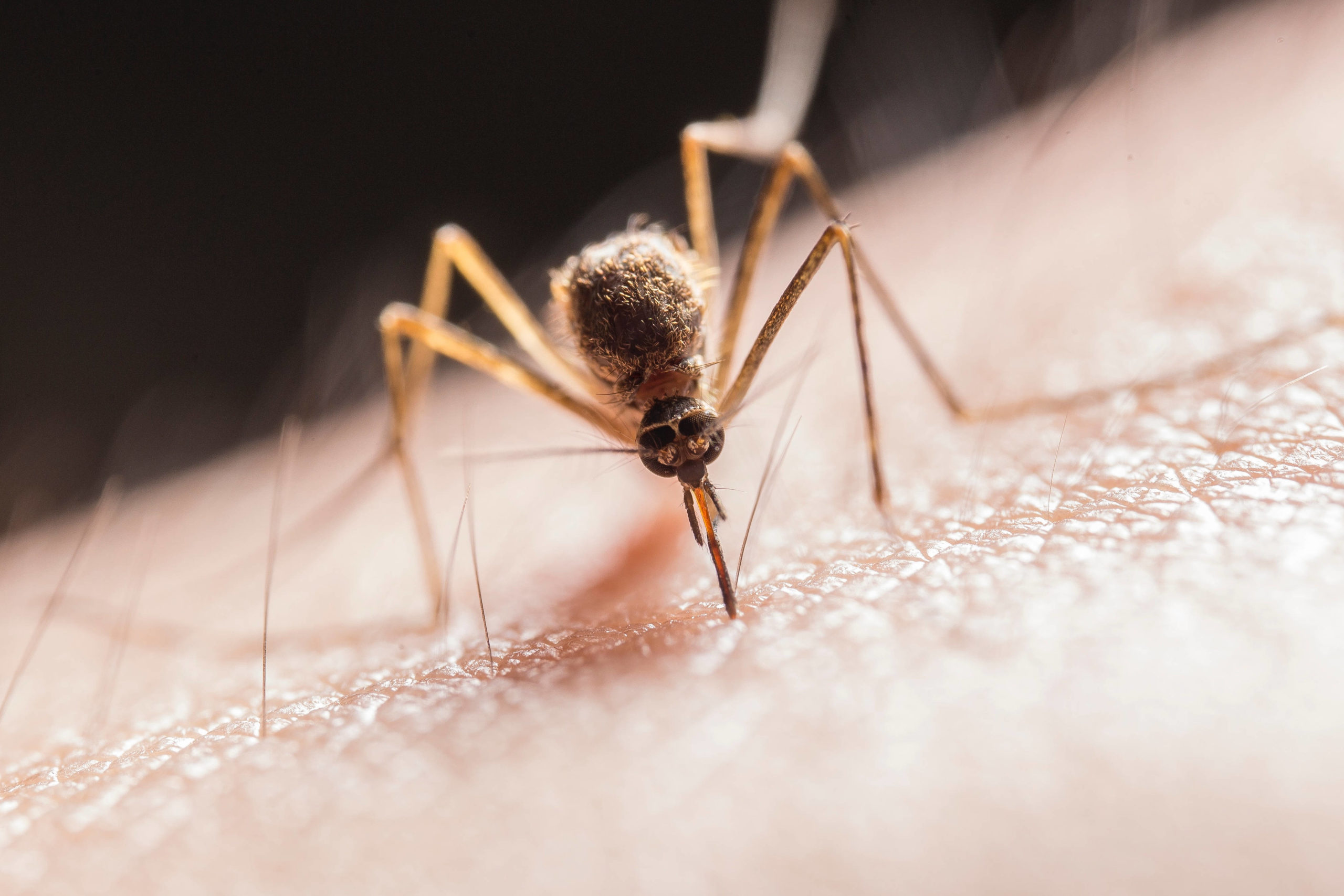Objectives: This study intends to examine the effects that a data science approach may have regarding the ability for a machine to predict when and where different species of mosquitoes will test positive for West Nile virus given weather, location, testing, and spraying data.
Methods: We analyzed weather data and geographical information system (GIS) data to predict whether or not West Nile virus is present for a given time, location, and species. Algorithm selection, hyper parameter optimization, feature engineering, and model blending were further explored to optimize model accuracy.
Results: When evaluating area under the curve, we were able to achieve over 80% accuracy as opposed to a random model of 50%.
Conclusions: This more accurate method of predicting outbreaks of West Nile virus in mosquitoes will help cities and their departments of public health more efficiently and effectively allocate resources towards preventing transmission of this potentially deadly virus. By making use of data science techniques and methods in public health, health policies and preventive framework can be effectively constructed to combat West Nile virus.
Published on ResearchGate





